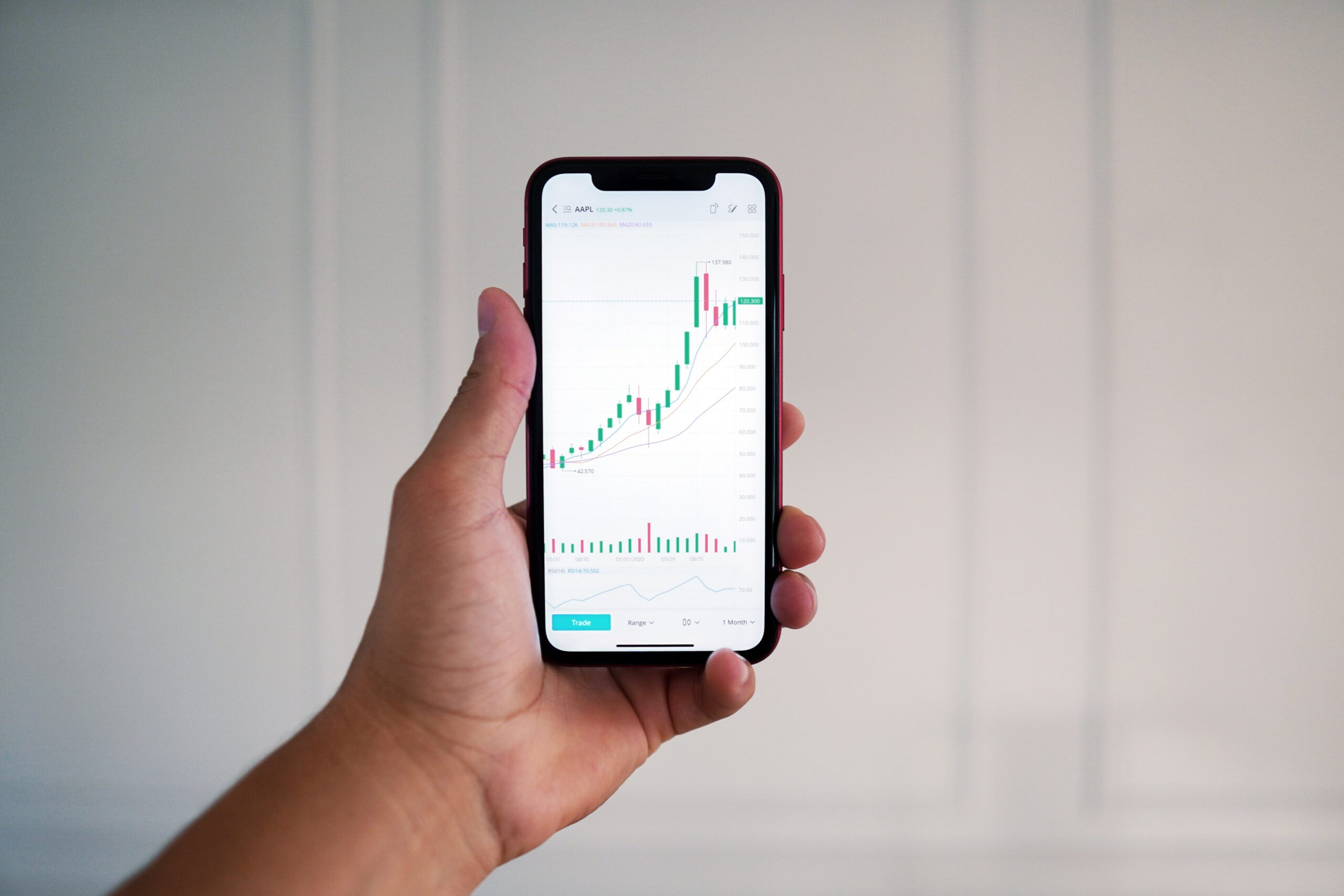Democratizing Investments in Kenya
- Nov 29, 2021

By Julia Methu and Shirley Tome
At a time when the world is experiencing slow economic growth, high cost of living and widespread poverty the question in many people’s minds is how to grow their wealth and protect themselves from adversities that can wipe out their fortunes. Each adult is keen to meet their expenses while keeping up with their desired lifestyle. With better nutrition and healthcare older people have to cater for long retirement years which can be precarious without sufficient investments. The ongoing Covid-19 pandemic has led to over 100 million job losses underlining the importance of savings and investments for a rainy day. Undoubtedly, there is concern for genuine and reliable investments following millions of dollars lost in investment scams of our times.
Informal and formal saving channels
In Kenya, informal community-based saving clubs, known as “chamas” are common among low-income persons where friends or family members pool resources and use the money as a fund to lend and borrow among the members to start businesses or other projects. Kenya is estimated to have over 300,000 chamas which control up to USD 3.4 billion in assets. Informal savings groups, however, face challenges such as mistrust and lack of clear investment objectives which contribute to their failure.
Savings and Credit Cooperative Societies (SACCOS) are also a popular investment channel often with a restriction of membership profiles. However, a number of SACCOs have been plagued with mismanagement, leading to losses of investment by members.
On a positive note, the penetration of mobile phones has enabled financial inclusion through digital financial services. According to a study done in Kenya by the World Bank in 2017, mobile money services enabled women-headed households to increase their savings by more than 20 percent. Nevertheless, 1.7 billion people globally remain unbanked – without an account at a financial institution or through a mobile money provider, with poorer people accounting for a disproportionate share of the unbanked.
Mobile banking has been a game-changer in financial inclusion.
Innovation can help broaden access to investment opportunities
The need for investments is clear but why are people not saving and investing enough? There are reasons why previously people have not ‘pulled’ savings and investment products into their lives. Some reasons include irregularities in income levels, lack of trust in investment products or limited financial illiteracy. On the one hand, existing investment product were complicated and therefore one has needed a financial adviser, high initial investment, and high amounts for periodic deposits which limited investments to a few wealthy folks. For instance, some unit trust funds in Kenya have been charging as much as USD 100 as an initial deposit. On the other hand, some banks offer interest rates as low as 2.6% on savings which is below the inflation rate.
Innovation can help overcome some of these barriers and broaden access to affordable savings and investment products. Market-creating innovations are a type of innovation that transform products that historically were complicated and expensive into products that are affordable and accessible to most people. Market-creating innovations are a viable way of creating new markets among people who were previously non-consumers of a product or service. Notably, technology acts as an enabler for market-creating innovations.
To target the non-consumption of investment products, some investment companies have introduced new products and strategies following the digitization of payments. Widespread ownership of mobile phones and the advent of mobile banking have made it easier to invest at one’s convenience. A study done by Deloitte in Kenya in 2018 showed that 97% of the respondents had access to smartphones. Investment companies and Fintechs are now popularizing investments through mobile apps with most of them lowering the barriers to access such products.
Previously barriers to consuming investment products were high.
Several mobile phone investment products are now available in the Kenyan market each one offering more advantages to the investor. We look at some examples of innovative products that are helping to democratize investments in Kenya.
In 2012 Old Mutual launched i-Invest, a USSD mobile-based platform for Unit Trust Fund investment, which allows one to start investing with as low as USD 5. The platform offers passive and liquid investment. In a recent development, clients can now register via Facebook Messenger and interact with a chat-bot called Arifa. Saving and investing could not be easier for anyone with some cash to invest.
Abacus is another product in wealth investment through mobile phone. Abacus allows an investor to invest in the stock market starting from as low as USD 2. The client can buy and sell shares as he/she wishes without the need of a stockbroker. By partnering with investment companies such as Genghis Capital Limited, Sanlam, and Old Mutual Limited, the client can access multiple asset classes including stocks, bonds, bills, and unit trusts. Abacus’ value proposition is simplicity, security, safety, support, and speed. Investors are provided with information to enable better decision making.
DigiTrust is a low-risk digital money market fund launched by ICEA LION this year aimed at helping more Kenyans to save and invest. Through a self-service portal, clients can deposit and withdraw from the money market fund. The portal requires a 5-minute activation process and an initial deposit of USD 5. The firm noted that access has been a key challenge to the uptake of personal investment schemes.
Koa App is the latest entrant into the investment space. The product is aimed at young people encouraging them to take part in the financial markets. Koa offers a hassle-free savings and investment platform with a user-friendly interface. An investor can start trading with as little as USD 1. The platform integrates with other tech solutions that customers know and trust such as Safaricom’s MPESA. Koa has partnered with Britam Asset Management as the fund manager.
The four innovations above are examples of innovations that can be termed as market-creating innovations; Products and services that are making investing more accessible and affordable to the majority of the Kenyan population. While challenges such as security, regulation, and resistance to change persist, these products and more to be invented will catalyze change in the society and spur shared prosperity.
Julia Methu heads MCi Africa, the research arm of Mizizi Partners. Mizizi Partners is an investment, innovation advisory and research firm based in Kenya.
Shirley Tome is a Senior Analyst Fellow at Mizizi Partners.
Category
Related Article
-
 November 10, 2021
November 10, 2021 -
 September 13, 2021
September 13, 2021
Recent Article
-
 November 10, 2021
November 10, 2021 -
 September 13, 2021
September 13, 2021
Popular Article
-
 November 10, 2021
November 10, 2021 -
 September 13, 2021
September 13, 2021
